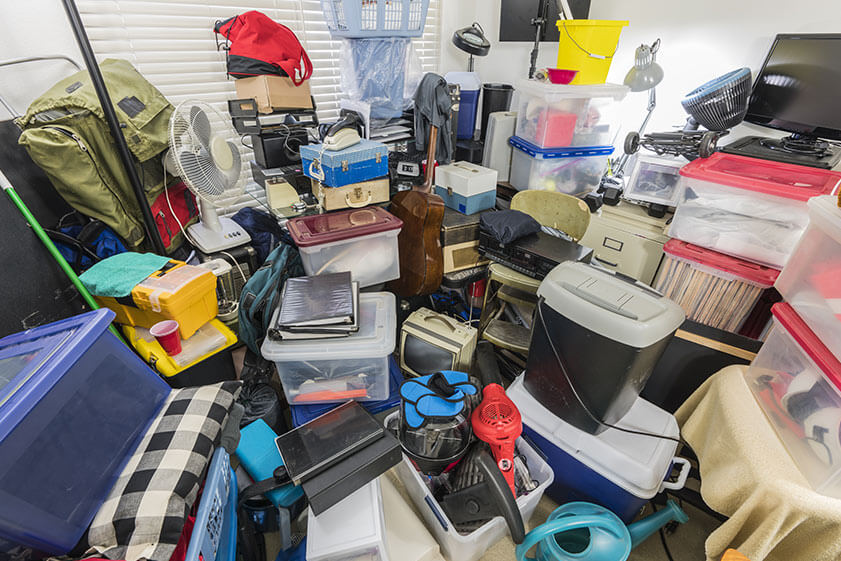Understandably, items with sentimental value are a lot harder to let go of as compared to other items. Everyone will struggle with hoarding such items, but this can become an issue if the habit is brought into the mature years. Hoarding is essentially when one saves a large number of items that they might not need because they feel that it may be useful in the future, or if it holds sentimental value. Hoarding increases the risks of falls while making it more difficult for people to reach their loved ones during emergencies. Notably, hoarding can make living conditions unsanitary and may contain potential fire hazards. Other repercussions include social isolation and loneliness, frustration from the lack of organization, and difficulty in managing daily life. It can also be a sign of dementia or Alzheimer’s. Here are some ways you can help your loved ones prevent elderly hoarding.
Consult a Doctor
Many studies suggest a link between hoarding and physical or mental health issues. Your loved ones will likely require help from professionals. Encourage your loved ones to be evaluated by a doctor. Such evaluations can help figure out if dementia is the cause of the behavior or if it is any other medical condition. If the cause of this hoarding behavior does not stem from medical issues, therapy should be considered to help manage the hoarding habits.
Encourage Decluttering and Include Them in the Process
You can always declutter the space yourself, but it is better if you include your loved ones in the process. This is especially if they suffer from dementia or Alzheimer’s, as they need to feel secure and safe. They also should maintain their dignity and control, and that cannot happen if you are decluttering for them.
You need to clear potential fire hazards first and remove obstructions from the walkways, stairs, and heat sources. This should be done even if your loved one’s objects, but you should explain to them kindly that it is for their safety and wellbeing.
After dangerous items are removed, sort the remaining items accordingly into baskets and bins. This is where their participation should come in, as they should be the ones deciding what to keep. It is best if you label the bins, where one is a donation bin, another is a keeping bin, and one is a trash bin. Remind your loved ones that they will need to decide what goes where, unless they want someone to decide for them.
You should not allow them to put everything in the keep bin, so help them through the thinking process so that they can properly decide if an item is worth keeping. Once everything has been sorted, clear the trash bin immediately to prevent your loved ones from rummaging through it. Celebrate the small wins with your loved ones. This is not an easy task for them, and comforting them through the process will help them work through their feelings.







